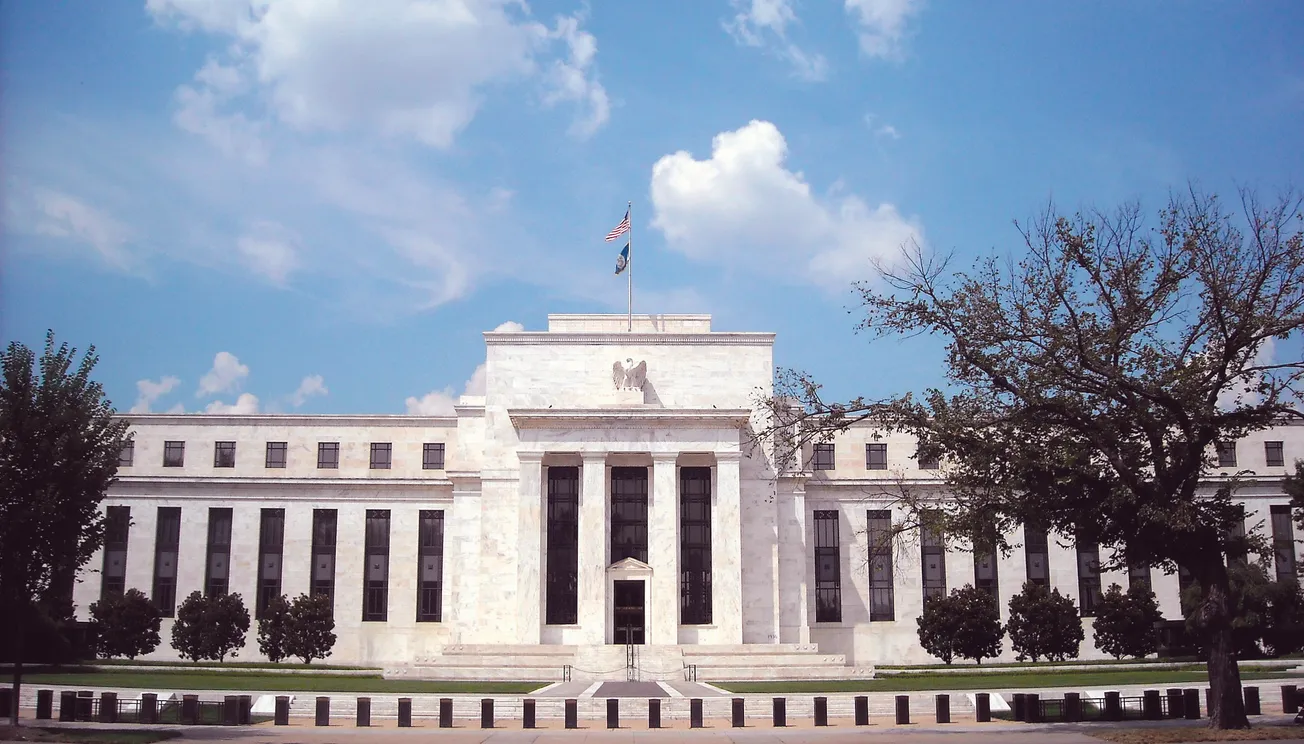Last week’s near financial meltdown of global dollar markets has put the U.S. Federal Reserve in a quandary. The Fed is having a hard time trying to figure whether to open the monetary spigots to bail out the thoroughly bankrupt U.S. financial system, or to apply the brakes to try to stop inflation from spinning out of control.
On April 11, the Financial Times interviewed Susan Collins, the president of the Federal Reserve Bank of Boston, who assured them that the Fed “would absolutely be prepared” to open the spigots to flood the banking system with liquidity, should the crisis require it. She was of course quite confident that “markets are continuing to function well” and that “we’re not seeing liquidity concerns overall.” But, but, but, just in case, since you never know: The Fed “does have tools to address concerns about market functioning or liquidity should they arise.”
Recall that The Economist reported on April 10 that the dollar-based financial system came close to a total blowout on Tuesday, April 8.
Collins explained that the Fed has bailed out the banks in the past, to address what the FT called “chaotic conditions in the markets,” and knows how to do it. “We have had to deploy quite quickly, various tools. We would absolutely be prepared to do that as needed,” Collins stated. The Fed has far more than interest-rate reductions in its armamentarium: “The core interest rate tool we use for monetary policy is, certainly not the only tool in the toolkit and probably not the best way to address challenges of liquidity or market functioning,” she said, adding that the Fed has at its disposal “additional standing facilities that can help to support market function, that are already in place.”
The FT explained that the current crisis includes the particularly worrisome fact that “selling that began in Wall Street stocks last week has now cascaded into the $29 trillion Treasury market, which sits at the heart of the global financial system.… Wall Street banks and investors have said that liquidity, or the ease at which traders can buy and sell without moving prices, has worsened as volatility has picked up in the Treasury market.”





